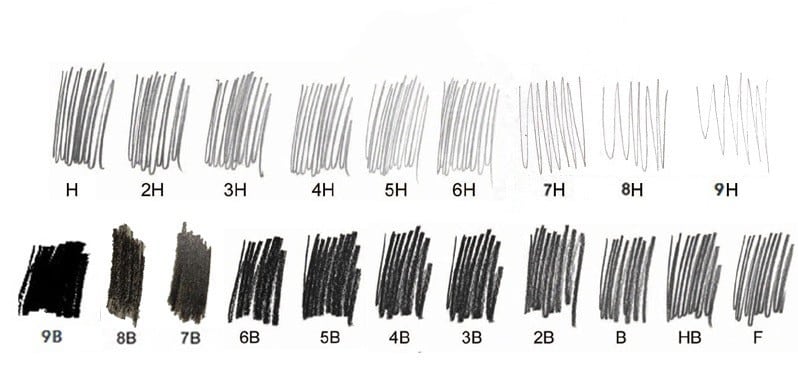Ceramic Coating
– Professional-grade ceramic coating is a chemical polymer that is applied to the exterior of a vehicle to protect it from external paint damage.
About Us

Ceramic Coating
Professional-grade ceramic coating is a chemical polymer that is applied to the exterior of a vehicle to protect it from external paint damage. Typically applied by hand, it blends with the paint of your car and creates an additional hydrophobic layer of protection. The ceramic coating creates a permanent or semi-permanent bond with a vehicle’s paint, meaning that it does not wash away or break down and does not require repeated application every few months. Ceramic coating, in reality, is an alternative to waxing. The main idea is to prevent dirt, grime, and stain marks from appearing on your paintwork and ruining the clear coat.
- The Glossy Touch
- Protection From Chemical Stains
- Hydrophobic In Nature
- Protection From UV Rays
Benefits Of Ceramic Coating
Ceramic coating on a car provides long-lasting protection, enhances appearance, reduces maintenance, is resistant to scratches and swirl marks, is cost-effective, and helps preserve the car’s resale value.
High Gloss
Ceramic coating can add depth and gloss to the paint, making the car look more vibrant and newer for longer.
Dirt Repellence
Ceramic coating is an excellent option for those looking to protect their car's exterior from the damaging effects of water and other environmental contaminants.
Permanent Bond
Ceramic coating forms a durable, protective layer on the paint that can last for years, providing superior protection against environmental contaminants, UV rays, and water spotting.
Super Smooth
The ceramic coating is harder than the clear coat, providing an additional layer of protection against minor scratches and swirl marks.
Hydrophobic
Ceramic coating can help protect your car from water spots and marks. Because ceramic coatings are hydrophobic, they repel water and prevent it from bonding with the surface of your car. This means that water droplets bead up and roll off the surface of the coating instead of leaving behind unsightly water spots.
Preservation of resale value
A well-maintained car with a ceramic coating can help preserve its resale value by keeping the paint in pristine condition.

9H & 10H HARDNESS
– Grade Card of Hardness Level
What’s 9H?
The 9H & 10H hardness is now one of the most talked term in ceramic coating to attract the customers not just in India but across the world. But in some matured markets, sellers stopped mentioning about hardness of their ceramic coating because people over there are more educated on this, it may sound funny but it’s the truth. Hence the term “9H hardness” will be continue to be (miss)used until we all get educated.
What’s Mohs?
The Mohs hardness scale of minerals is named after a famous German geologist, Friedrich Mohs, who created this scale in 1812 to determine which mineral is harder than the other. A simple test, which only shows which piece of mineral is harder than the other.
Diamond is having 10H hardness on the Mohs scale.
9H Certificate?
The Mohs hardness scale of minerals is named after a famous German geologist, Friedrich Mohs, who created this scale in 1812 to determine which mineral is harder than the other. A simple test, which only shows which piece of mineral is harder than the other.
Diamond is having 10H hardness on the Mohs scale.
How important is the Hardness?
Almost every quartz/ceramic/glass coatings can reach 9H in the pencil hardness scale. In real life conditions, there are far more important factors than the hardness! The slickness and structural integrity of a coating is the crucial and main factor, that influences the real, every-day experience with a coating. And this is exactly what the famous cigarette lighter test proves, the way it helps in real life is that it can reduce the impact of any scratches.
For Further Enquiries Call
+91 98107 27244
Frequently Asked Questions
This coating protects your car from UV damage/oxidization. If your car is often exposed to the sun, it will fade its colour. This can be prevented by ceramic coating. Ceramic coating can also be helpful in preventing chemical stains. Due to this new coat, water will bead on the surface and slide off the surface, making it easy to clean your car. A good ceramic coat will enhance the reflective properties of your car’s paint as well, making it look more shiny and glossy.
There are no such direct disadvantages to your car. But the application of ceramic coating costs a lot. The market price of coating is in the range of Rs 20,000 to Rs 50,000 or even more, depending on the quality. Also, the application of ceramic coating takes time. At least three days are required for the coat to dry off properly. Also, if not done correctly or professionally, the ceramic coating might look worse than the original paint finish of your car.
Ceramic coating can be removed by polishing or sanding, but it may damage the car’s surface and require repainting in some cases.
As discussed above, this coating has great benefits that will add value to your car in the long run. It will make your job of cleaning and maintaining it less tedious so that you spend more time driving and enjoying rather than thinking about ways to keep it protected. With that being said, it is no magic coat. It might protect your car’s paint to quite some extent, however, it is not a one-stop solution and you would still need to take good care of your car.
Nano ceramic coating is typically composed of silicon dioxide (silica, Si02), which is sourced from natural materials such as quartz and sand. Some types and brands also use titanium dioxide (titania, Ti02) as an additional hardening agent. When applied to a car’s paint, the two create a chemical bond with hydrophobic, aka water-repellent, properties which is hard and resistant to normal real-life scratches.
Ceramic coating protection can last from 1-7 years based on the coating, the process of application followed and the maintenance. All these three factors (product, application process and maintenance) are equally important for getting the best durability. Life of the ceramic coating on bike might be lesser compared to the coating on car because of the more chance of wear & tear. Most of the glass coatings come as ceramic coating kit with all necessary applicators, maintenance products along with the coating.
